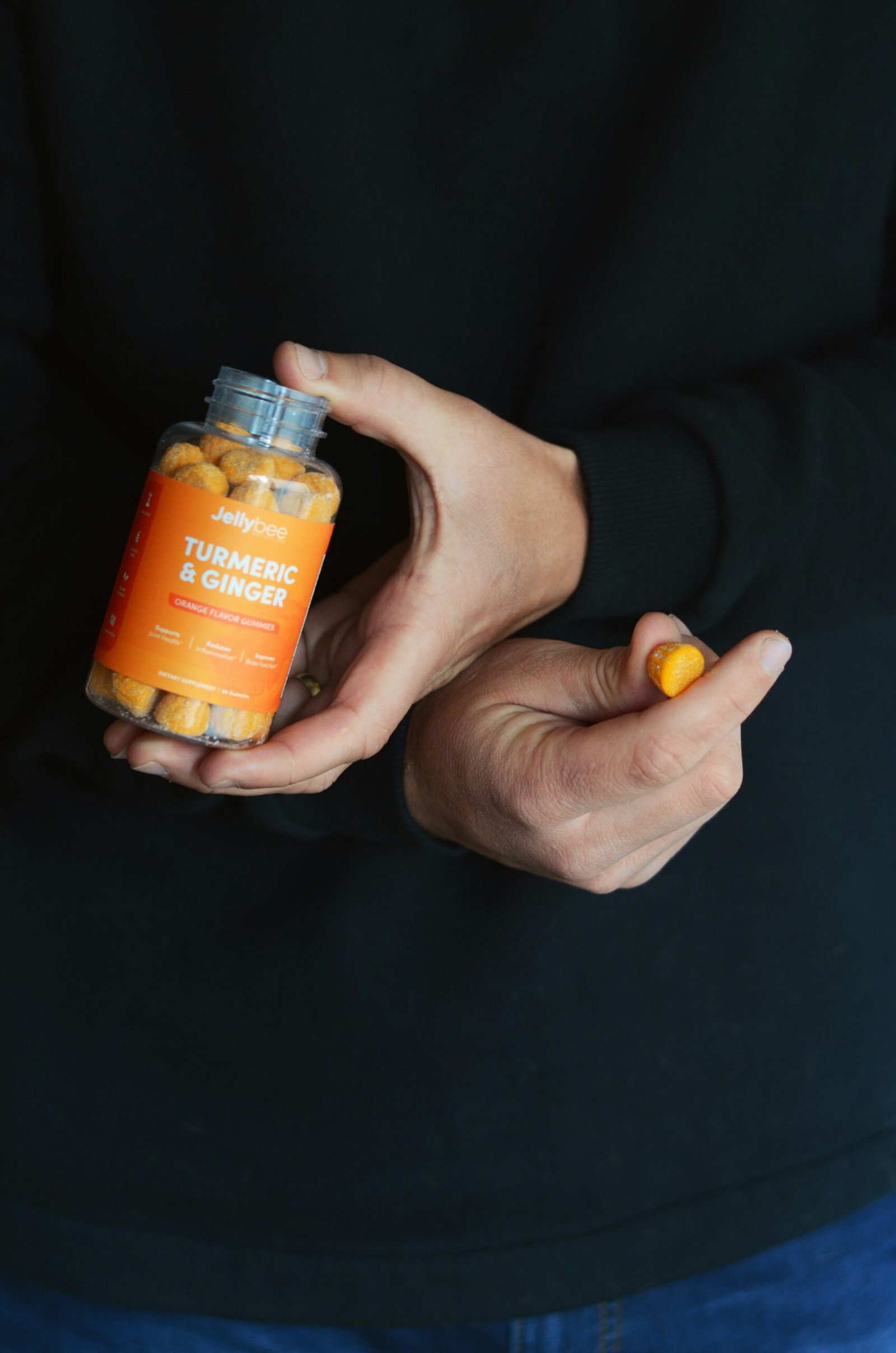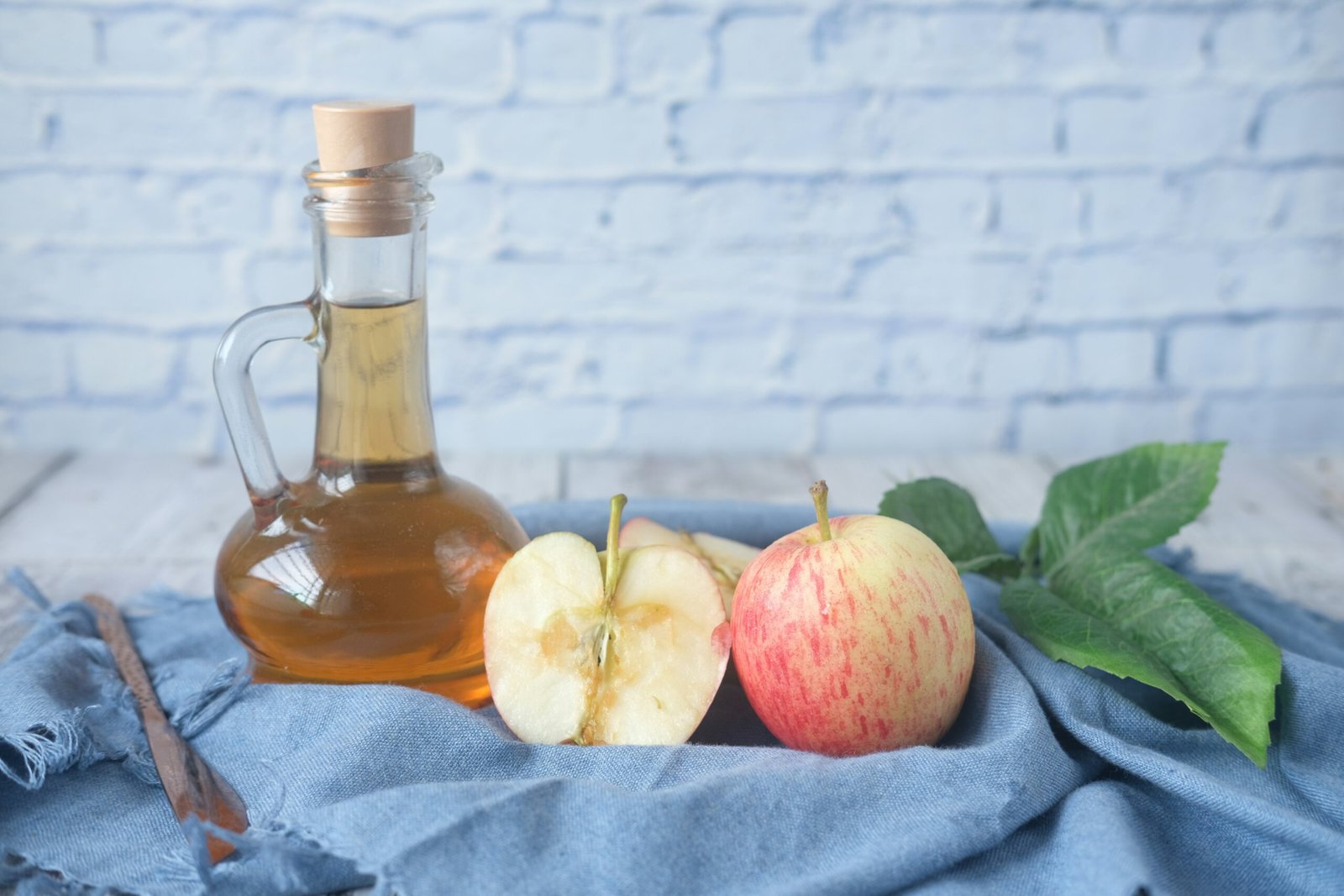When it comes to natural remedies, turmeric curcumin has gained significant attention for its powerful anti-inflammatory properties and its potential benefits for joint health. This vibrant yellow spice, commonly found in curry dishes, has been used for centuries in traditional medicine practices. Today, modern research is shedding light on the numerous health benefits that turmeric curcumin can offer.
The Science Behind Turmeric Curcumin
Turmeric, scientifically known as Curcuma longa, is a plant native to Southeast Asia. It is the root of the turmeric plant that is harvested, dried, and ground to produce the bright yellow powder we know as turmeric. The active compound responsible for its therapeutic properties is called curcumin.
Curcumin is a potent antioxidant and has been shown to possess strong anti-inflammatory effects. Inflammation is a natural response of the body to protect against injury or infection. However, chronic inflammation can lead to various health issues, including joint pain and stiffness.
Benefits for Joint Health
One of the most well-known benefits of turmeric curcumin is its ability to support joint health. Research suggests that curcumin can help reduce joint pain and inflammation associated with conditions such as arthritis.
Arthritis is a common chronic condition characterized by inflammation and stiffness in the joints. Studies have shown that curcumin can inhibit the activity of certain enzymes involved in the inflammatory process, thereby reducing pain and swelling in the joints.
Additionally, curcumin has been found to have antioxidant properties, which can help protect joint tissues from oxidative stress. Oxidative stress occurs when there is an imbalance between free radicals and antioxidants in the body, leading to cellular damage. By neutralizing free radicals, curcumin can help prevent further damage to joint tissues.
Other Health Benefits of Turmeric Curcumin
Besides its positive impact on joint health, turmeric curcumin has been studied for its potential benefits in various other areas of health:
1. Heart Health:
Curcumin has shown promise in supporting cardiovascular health. It may help improve blood flow, reduce cholesterol levels, and prevent the formation of blood clots.
2. Brain Health:
Research suggests that curcumin may have neuroprotective properties and could potentially help in the prevention or treatment of neurodegenerative diseases such as Alzheimer’s.
3. Digestive Health:
Curcumin has been found to promote a healthy digestive system by reducing inflammation in the gut and supporting the growth of beneficial gut bacteria.
4. Immune Support:
Curcumin’s antioxidant and anti-inflammatory properties can help strengthen the immune system and support overall immune function.
How to Incorporate Turmeric Curcumin into Your Routine
Adding turmeric curcumin to your daily routine is easy. It can be used in various forms:
1. Turmeric Powder:
Simply sprinkle turmeric powder onto your meals, such as soups, stews, curries, or roasted vegetables. Combining turmeric with black pepper can enhance its absorption in the body.
2. Turmeric Supplements:
If you prefer a more concentrated form, turmeric curcumin supplements are widely available. Look for supplements that contain a high percentage of curcumin for optimal benefits.
3. Golden Milk:
Golden milk is a popular beverage made with turmeric, milk (or plant-based milk), and other spices like ginger and cinnamon. It’s a delicious and soothing way to incorporate turmeric curcumin into your daily routine.
Conclusion
Turmeric curcumin is a natural powerhouse when it comes to its anti-inflammatory properties and potential benefits for joint health. Its active compound, curcumin, has been extensively studied for its therapeutic effects on various health conditions. Incorporating turmeric curcumin into your routine, whether through food or supplements, can be a simple and effective way to support your overall well-being. As always, it’s essential to consult with a healthcare professional before making any significant changes to your diet or starting any new supplementation.




